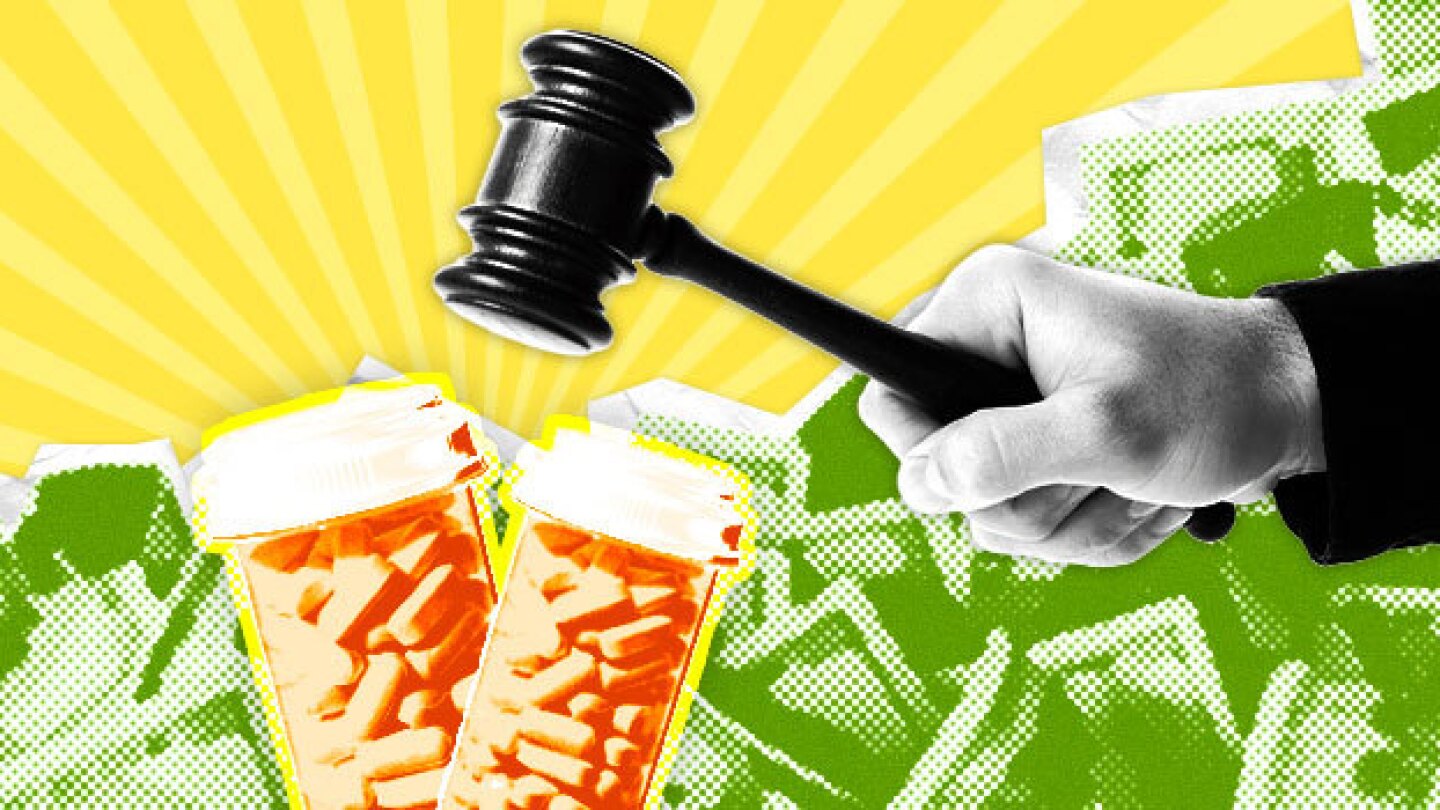News
In this episode of Denatured, you’ll be listening to Jane Hughes, President of R&D and Co-founder of Verdiva Bio, and Jon Rees, CEO and Co-founder of MitoRx Therapeutics. We’ll discuss next-generation obesity solutions tackling GLP-1’s muscle loss and adherence challenges, through innovative muscle preservation, oral administration and combination therapy.
FEATURED STORIES
Many scientists-turned-CEOs paradoxically abandon scientific principles when it comes to commercializing their innovations. But applying the scientific method to business decisions can help life science entrepreneurs avoid common pitfalls, attract investment and ultimately bring transformative technologies to market.
FDA vouchers are normally a coveted prize for biopharma companies, but a surprise rejection for Disc Medicine’s rare disease drug has biopharma reconsidering.
PitchBook’s 2025 biopharma VC analysis clocked $33.8 billion in capital dispatched in 2025, mainly to companies with later-stage programs ready to roll into the clinic.
FROM OUR EDITORS
Read our takes on the biggest stories happening in the industry.
The FDA’s refusal to review Moderna’s mRNA-based flu vaccine is part of a larger communications crisis unfolding at the agency over the past nine months that has also ensnarled Sarepta, Capricor, uniQure and many more.
THE LATEST
Jay Bhattacharya will become the latest leader of the CDC on an acting basis, days after Jim O’Neill stepped aside.
The disagreement between Moderna and the FDA has reached a resolution just eight days after the biotech received a Refusal-to-File letter in response to its application for mRNA-1010. Moderna will now seek approval of the vaccine based on age.
Korsana’s lead program uses a next-generation shuttling technology to improve delivery into the brain and lower the incidence of amyloid-related imaging abnormalities.
Arbutus alleges that Moderna’s COVID-19 vaccine infringes on patents protecting its lipid nanoparticle delivery technology.
CSL is advancing clazakizumab for the treatment of cardiovascular events in end-stage kidney disease and will retain rights over the asset in this indication. Lilly will explore other conditions.
The FDA outright refuses to review Moderna’s mRNA-based flu vaccine as CBER director Vinay Prasad’s conduct is scrutinized; Disc Medicine receives an unexpected rejection, which Prasad may also have had a hand in; Compass Pathways posts new late-stage data on its psilocybin-based depression drug; CDC is once again leaderless.
With leaner teams and tighter budgets, senior leaders can face tremendous strain as they juggle increased workloads and leadership responsibilities. In this column, Kaye/Bassman’s Michael Pietrack discusses how pressure builds and what can ease it.
Long an R&D company that partnered off assets, RNAi biotech Ionis Pharmaceuticals shifted in 2025 to bring two medicines to market alone. Analysts are already impressed—and there’s more to come in 2026.
Regulatory uncertainty is no longer background noise. It is a material investment risk that reshapes how capital is deployed and pipelines are prioritized.
An analysis finds that pharmas frequently file multiple similar patents on drugs, then use them as the basis for questionable litigation against would-be competitors.






















